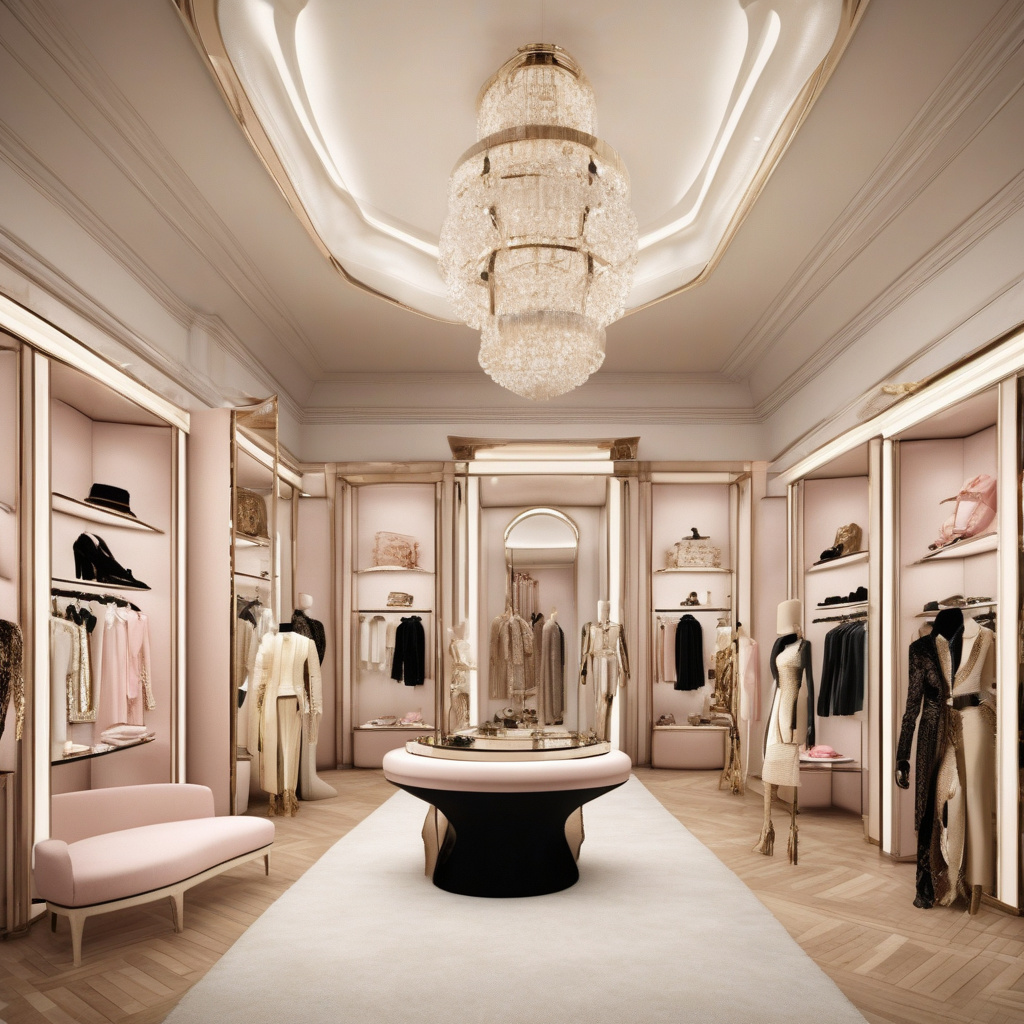Refashioned: Luxury’s Trust Issues
In the realm of high-end fashion, trust is the currency that underpins the entire industry. Consumers pay a premium not just for the quality of the products but for the story, the heritage, and the prestige that comes with owning a luxury item. However, recent years have seen cracks forming in the facade of some of the biggest names in fashion, as scandals involving sweatshops and unethical labor practices have come to light. This has led to a growing sense of ‘luxury ick’ among consumers, a feeling of unease and mistrust that threatens to tarnish the reputation of the entire industry.
Big brands, acutely aware of the impact that these scandals can have on their bottom line, are now taking steps to shore up consumer confidence in their high-end positioning. One of the key strategies they are employing is transparency. Companies are opening up their supply chains, allowing consumers to trace the journey of a garment from the raw materials to the finished product. By providing this level of visibility, brands are hoping to reassure consumers that their products are ethically made and that workers are treated fairly.
Another tactic that luxury brands are using to rebuild trust is sustainability. The fashion industry is one of the most polluting industries in the world, and consumers are becoming increasingly conscious of the environmental impact of their purchases. Luxury brands are responding to this shift by investing in sustainable practices, whether it’s through using eco-friendly materials, reducing waste in the production process, or implementing recycling programs. By aligning themselves with the values of their consumers, brands are able to not only attract new customers but also retain the loyalty of existing ones.
In addition to transparency and sustainability, brands are also focusing on storytelling as a way to rebuild trust. Luxury is not just about the product; it’s about the experience, the craftsmanship, and the history behind the brand. By telling compelling stories about their heritage, their values, and their commitment to excellence, brands are able to create an emotional connection with consumers that goes beyond just the price tag. This emotional resonance is what sets luxury brands apart from their fast-fashion counterparts and is key to winning back the trust of consumers who may have been disillusioned by past scandals.
Ultimately, the ‘luxury ick’ that has permeated the industry in recent years is a wake-up call for brands to reevaluate their practices and realign with the values of their consumers. By prioritizing transparency, sustainability, and storytelling, luxury brands can not only regain the trust of consumers but also position themselves as leaders in a rapidly changing industry. As consumers become more discerning and ethical considerations play an increasingly important role in purchasing decisions, brands that fail to adapt run the risk of being left behind. In the world of luxury, trust is the ultimate luxury, and it’s up to brands to earn it, one ethical decision at a time.
luxury, trust, transparency, sustainability, storytelling












